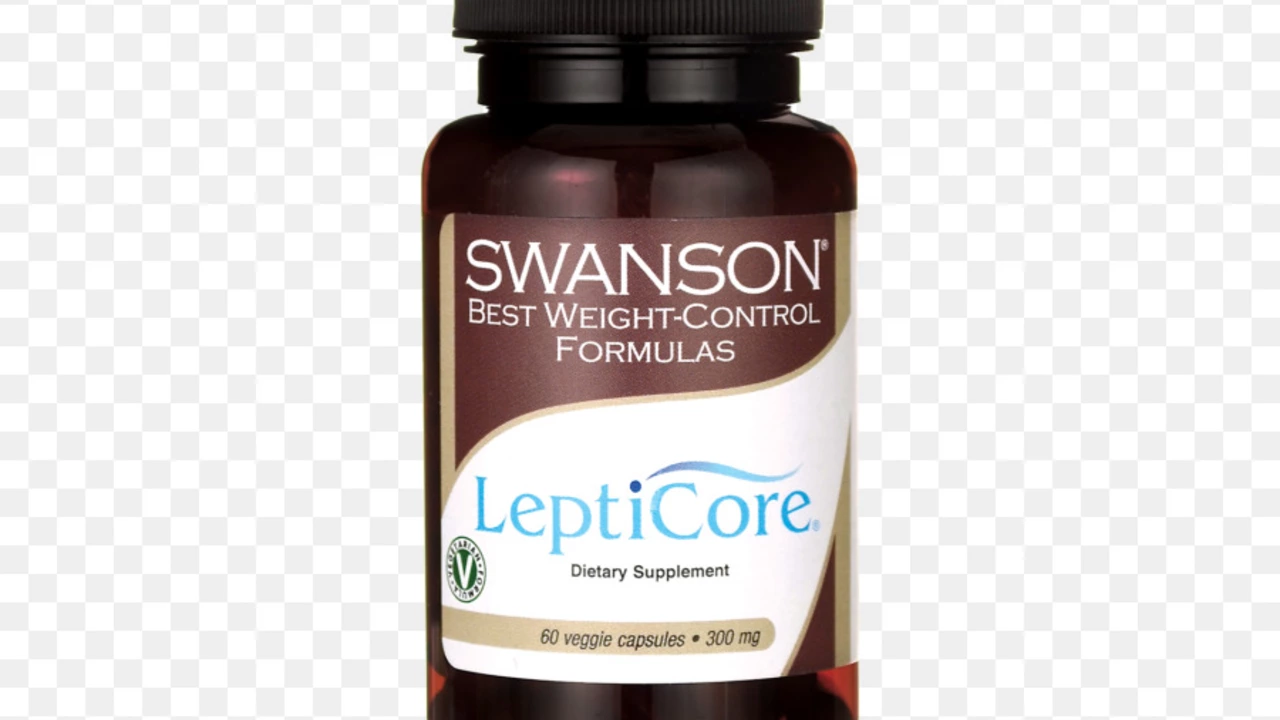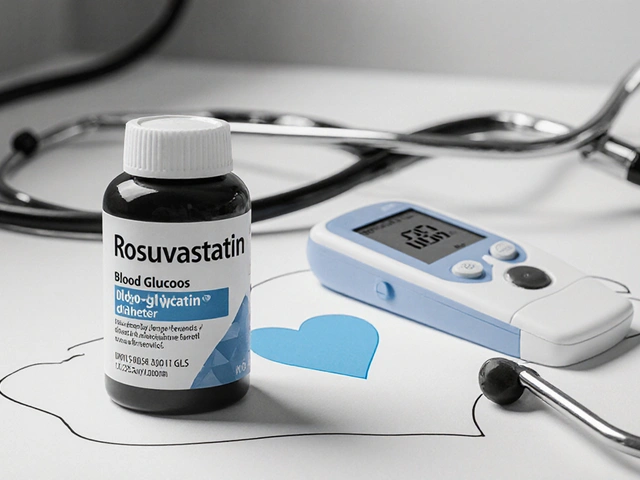Natural dietary supplement: a practical guide to safe, useful choices
Want to try a natural dietary supplement but worried about safety and claims? You're not alone. Some supplements help with nutrient gaps or mild symptoms, but others offer little benefit and can even cause harm if you mix them with prescription drugs. This guide gives clear, useful steps to pick supplements that are more likely to help and less likely to hurt.
How to tell a useful supplement from hype
First, ask why you need it. If a doctor has diagnosed a deficiency (like low vitamin D or iron), a supplement can be a simple fix. If you’re chasing vague promises — “detox,” rapid weight loss, or cure-alls — be skeptical. Check the active ingredient and dose on the label. For example, wine supplements that contain resveratrol aim to deliver antioxidant support; small clinical trials show resveratrol can affect heart-related markers, but benefits depend on dose and product quality. Another example: ostrich fern appears in traditional use and niche supplements for its nutrients, but look for reliable sourcing and tested products before trying it.
Look for products tested by third parties (USP, NSF, or ConsumerLab). Those seals don’t guarantee effectiveness, but they do mean the bottle contains what it claims and isn’t polluted with lead, heavy metals, or unlisted drugs.
Choosing, using, and staying safe
Buy from reputable brands or pharmacies, not random marketplaces. Read the full ingredient list — avoid products that hide amounts behind “proprietary blends.” Start with the lowest recommended dose and watch for side effects for two weeks. Keep a short journal: what you took, when, and any changes you feel. That helps spot problems early.
Interactions matter. If you take prescription meds — especially blood thinners, antidepressants, diabetes drugs, or heart medicines — check with your doctor or pharmacist. Some natural ingredients can raise bleeding risk, change blood sugar levels, or affect how your medications work. If you’re pregnant, breastfeeding, or have liver or kidney issues, get medical approval before adding any supplement.
Think in terms of supplements filling small gaps, not replacing good habits. A daily multivitamin or vitamin D can make sense when diet or sun exposure is low. Probiotics may help after a course of antibiotics for some people. Herbs like turmeric or ginger can ease mild inflammation or nausea for some users, but higher doses and long-term use carry risks.
Store supplements as labeled and toss old ones. If a product causes a strong reaction, stop it and seek medical help. Report serious problems to your healthcare provider and your country’s safety agency — that helps protect others.
Bottom line: natural doesn’t always mean safe or effective. Pick clear reasons, choose tested brands, watch interactions, and ask a clinician if you’re unsure. Small, smart steps give you the best chance of getting real benefit without surprises.

In my latest blog, I've been exploring the rising star in the weight loss supplement world, Caralluma. This natural dietary supplement, often used in traditional Indian medicine, is fast becoming a go-to for health enthusiasts everywhere. It's said to not only aid in weight loss but also helps suppress appetite and enhance endurance. The best part is its natural origins, reducing the risk of harmful side effects. It's certainly worth checking out if you're on a journey to better health and weight loss.
Continue Reading





